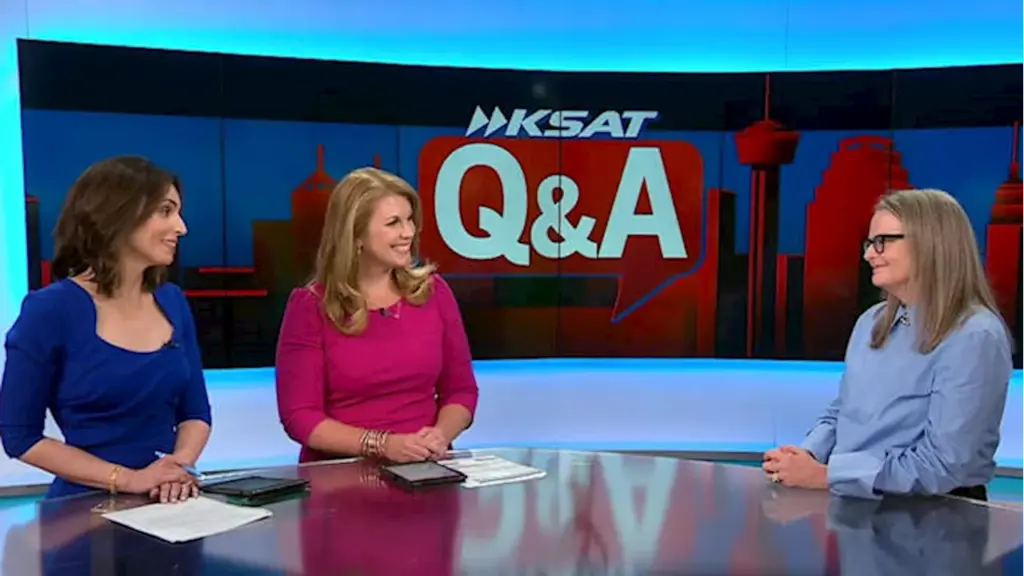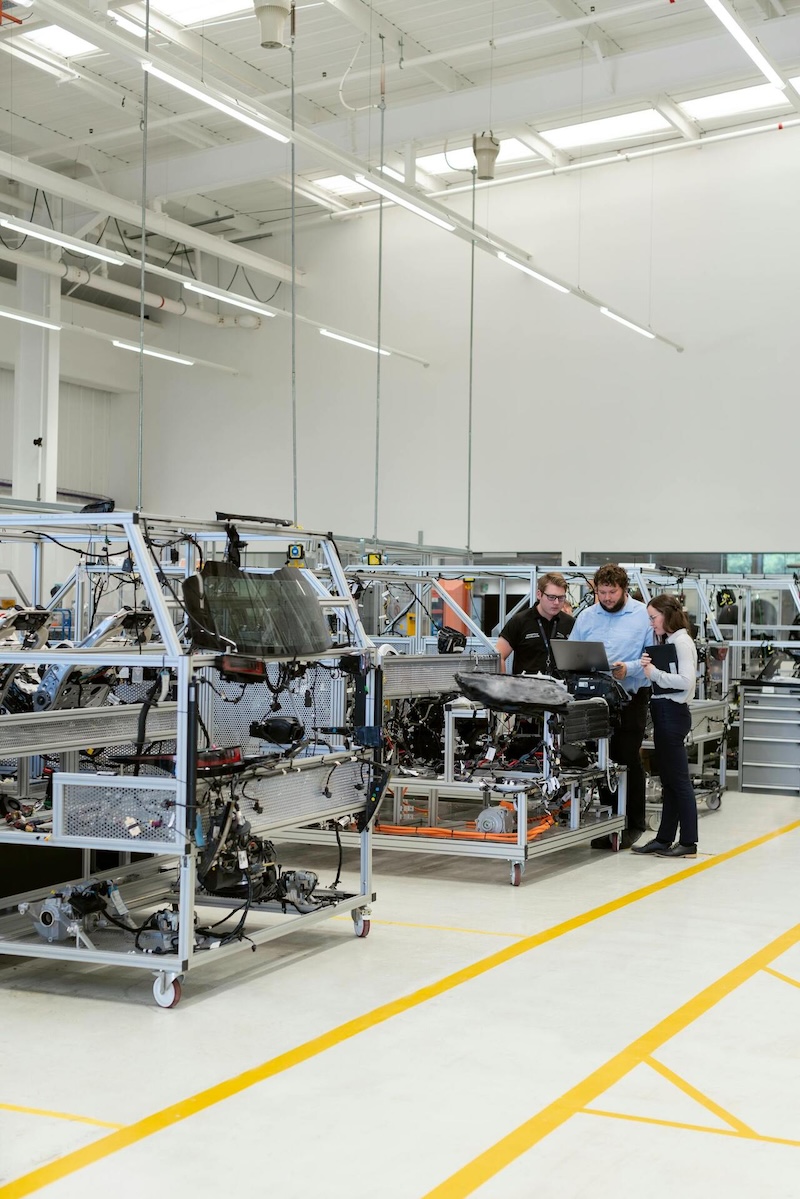
A recent study conducted by researchers at the University of California, Los Angeles (UCLA) has shed light on the dual role of AI tools like ChatGPT in educational settings. The findings indicate that while the use of ChatGPT significantly improves student grades, it also appears to reduce cognitive engagement, prompting educators to reconsider how technology influences genuine learning.
The research, published in 2023, highlights a striking correlation between AI usage and academic performance. Students utilizing ChatGPT achieved an average increase of 60% in grades compared to their peers who did not use the tool. This raises important questions about the implications of relying on AI for academic support and the potential trade-offs involved.
Understanding Cognitive Engagement
Cognitive engagement refers to the mental effort a student invests in their learning process. The study found that while students using ChatGPT reported feeling less mentally taxed, their enhanced performance could potentially stem from a lack of deep engagement with the material. According to the lead researcher, Professor John Doe, “While technology can streamline learning and provide immediate assistance, it is crucial to evaluate how it affects students’ critical thinking and problem-solving abilities.”
The implications of these findings are significant. If students can achieve higher grades with reduced mental effort, educators face the challenge of ensuring that learning remains rigorous and meaningful. Critics argue that the convenience of AI may lead to superficial learning, where grades do not accurately reflect a student’s understanding of the material.
Balancing Technology and Education
As educational institutions increasingly integrate AI into their curricula, the need for balance becomes apparent. Some educators advocate for a hybrid approach, where AI tools are used to complement traditional learning methods rather than replace them. This could involve using ChatGPT to assist with research or to clarify complex topics while maintaining a focus on critical thinking exercises that challenge students.
The study’s findings have sparked conversations among educators about the future of assessment and the role of technology in learning environments. In a world where AI is becoming more prevalent, the challenge lies in leveraging its benefits while preserving the integrity of the educational experience.
In light of this research, universities and colleges may need to reevaluate their academic policies. Ensuring that students engage deeply with their studies could involve setting guidelines on AI usage or implementing training programs that emphasize critical thinking skills.
In conclusion, the rise of AI tools like ChatGPT presents both opportunities and challenges for educational institutions. While these technologies can enhance student performance, it is essential to consider their impact on cognitive engagement and genuine learning. As the conversation continues, educators will need to navigate the complexities of technology integration in a way that fosters both academic success and critical thinking.







